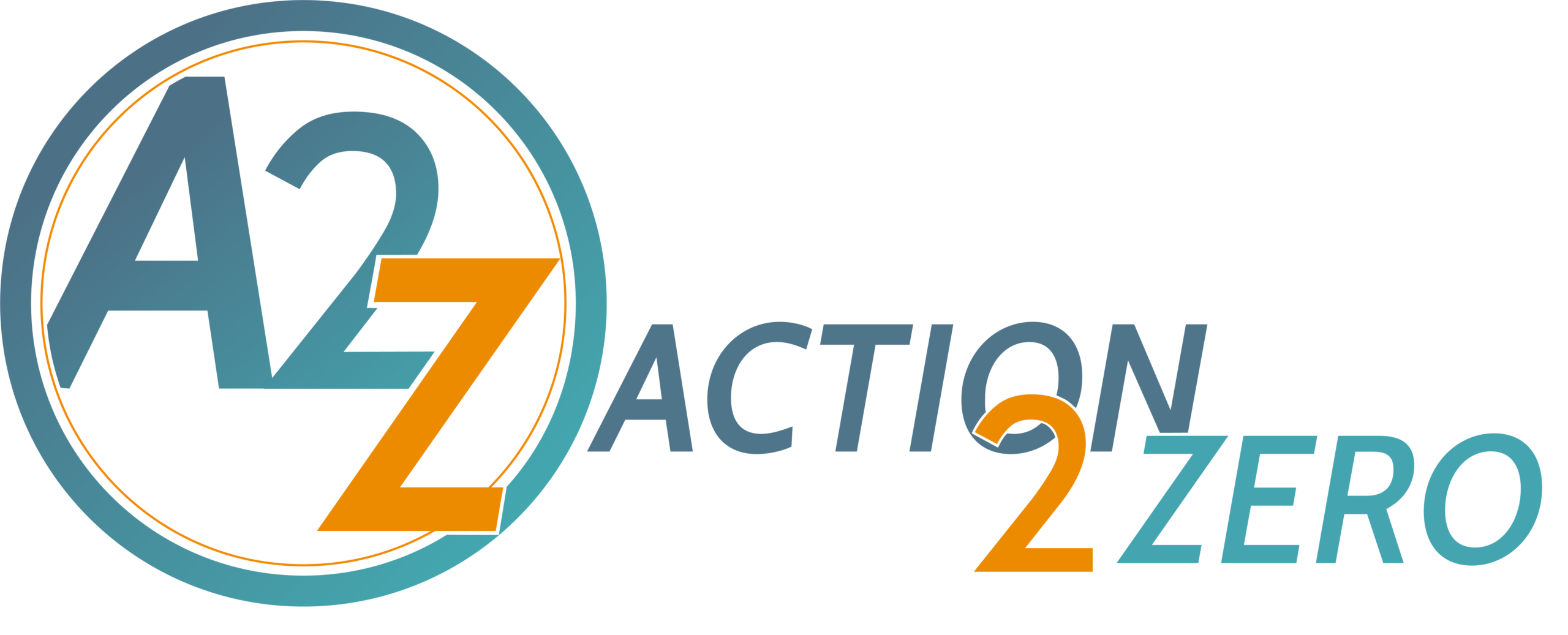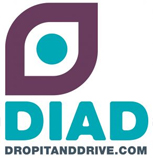To get started with monitoring (collecting data to understand a program’s progress) or evaluation (assessing a program’s impact), these key skills would be beneficial:
- project management
- managerial skills
- communication
These skills would help to set up and manage the project effectively and successfully. Beyond this, since many monitoring and evaluation efforts involve stakeholders such as the community, police, road safety implementers, and others, skills in stakeholder management are also key.
Beyond these skills, it is imperative to have someone on the team with an understanding of research. This individual should have skills and experience with developing M&E plans as well as collecting and analyzing data. Many evaluations rely on both quantitative and qualitative techniques, which should be considered. It is also critically important that the team not only effectively conduct the M&E work, but also communicate the findings through reports, presentations, and other forums. This will promote buy-in, transparency and accountability.
Several tools are available to assist with M&E efforts from inception to completion. A few types of software which may aid in M&E are highlighted in the table below.
| Type | Name & Description | Pros and Cons |
|---|---|---|
| Quantitative data collection | Google Forms |
|
| RedCap |
| |
| ODK |
| |
| Quantitative data analysis | R Project |
|
| Stata |
| |
| Python |
| |
| Qualitative data analysis | Nvivo |
|
| Dedoose |
| |
| Geospatial data analysis | ArcGIS |
|
| QGIS |
|







